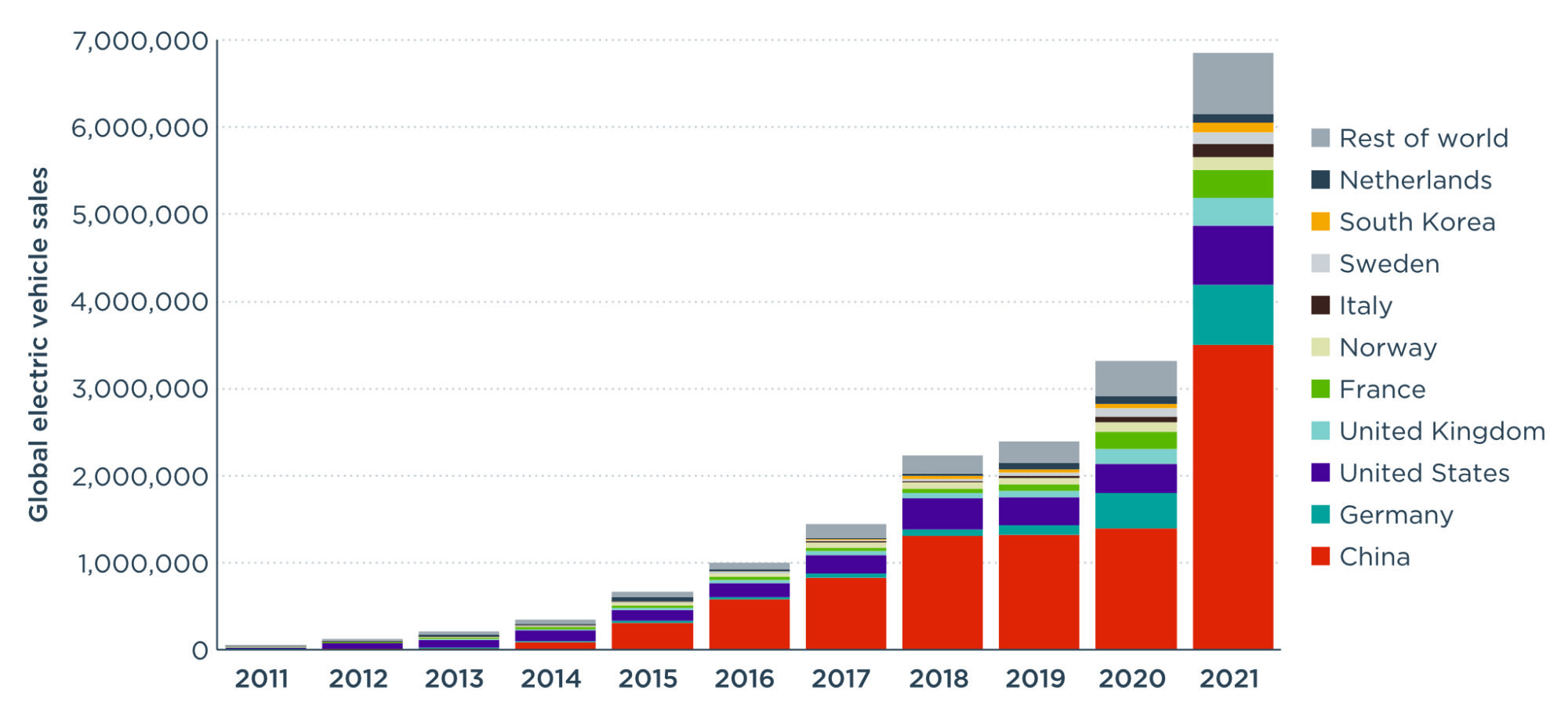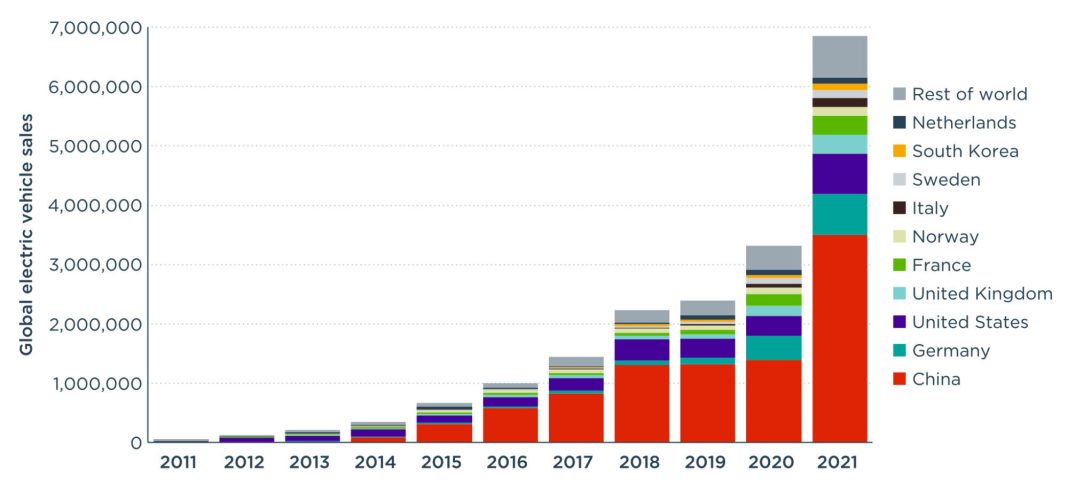 Title: Ford Ends Controversial EV Dealership Program Amid Slower Industry Growth
Title: Ford Ends Controversial EV Dealership Program Amid Slower Industry Growth
Introduction:
Ford Motor has decided to terminate its “EV-certified” program, which required dealership owners to invest over $1 million in selling electric vehicles (EVs). The program, introduced in September 2022, aimed to meet the high demand for EVs. However, the overall growth of EV sales has been slower than anticipated, leading automakers to reconsider their strategies.
The Slowdown in EV Sales:
Despite initial optimism and industry-wide enthusiasm, the growth of EV sales for Ford and other automakers has not met expectations. As a result, companies have been forced to delay or cancel future electric vehicle initiatives and investments. Ford’s Chief Operating Officer of the Model E electric vehicle business, Marin Gjaja, acknowledged the changing market conditions during a media briefing, stating that “the growth has slowed down.”
Sunsetting the Model E Dealership Program:
Ford has decided to phase out the Model E Dealership Program, which included approximately half of its 2,800 U.S. dealerships. This decision comes amidst conversations with dealers and legal challenges faced by the company. Instead, Ford plans to open EV sales to all of its dealerships in an effort to boost sales of its electric cars and trucks.
Expanding EV Sales Opportunities:
By opening EV sales to all dealerships, Ford aims to increase its market reach and ultimately grow sales. While dealers will still need to make investments for charging infrastructure, training, and other EV-related expenses, the financial burden will be reduced compared to the previous program. Initial estimates of expected investments ranging from $500,000 to $1.2 million were found to be too high. On average, dealers who participated in the full program invested approximately $600,000.
Insights and Analysis:
The decision by Ford to end its controversial EV dealership program reflects the challenges faced by the industry as a whole. Despite the initial hype surrounding electric vehicles, the market has not grown as rapidly as anticipated. This slower growth can be attributed to various factors, including limited charging infrastructure, concerns about range anxiety, and the higher upfront costs of EVs compared to traditional gasoline-powered vehicles.
Furthermore, the legal challenges faced by Ford highlight the complexities associated with implementing a dealership program that requires substantial financial investments. The shift towards opening EV sales to all dealerships demonstrates a more inclusive approach that allows for greater market penetration and potential sales growth.
However, it is important to note that while reducing the financial burden on dealerships may encourage greater participation, it does not address all the barriers to widespread EV adoption. The availability of charging infrastructure and continued advancements in battery technology are crucial factors that will determine the future success of electric vehicles.
In conclusion, Ford’s decision to end its EV-certified program and expand EV sales opportunities reflects the evolving landscape of the electric vehicle market. While the industry has faced challenges in meeting initial growth projections, this shift in strategy demonstrates a commitment to adapt and find new ways to promote and sell electric cars and trucks. By making EVs more accessible through all dealerships, Ford aims to drive sales and contribute to the broader transition towards sustainable transportation.


